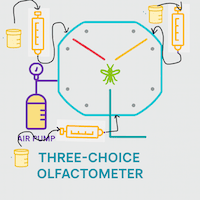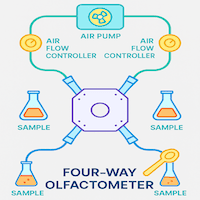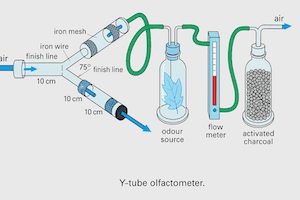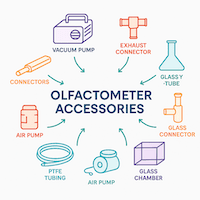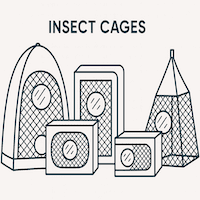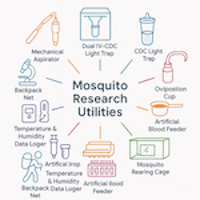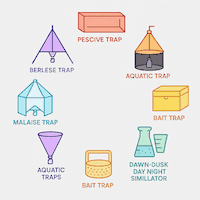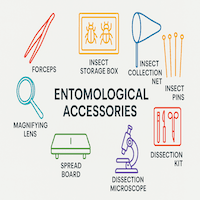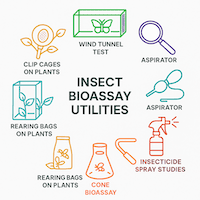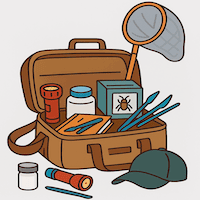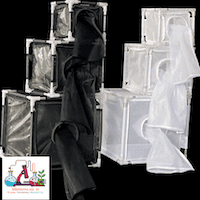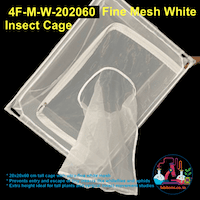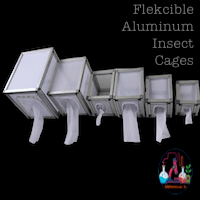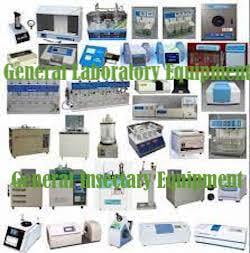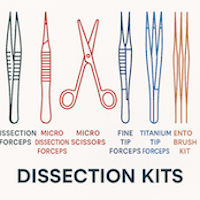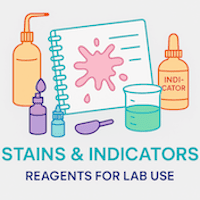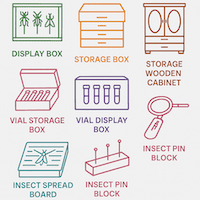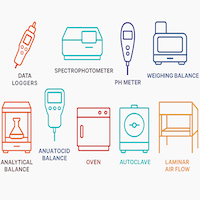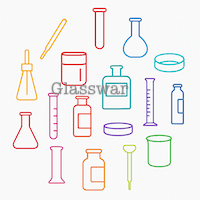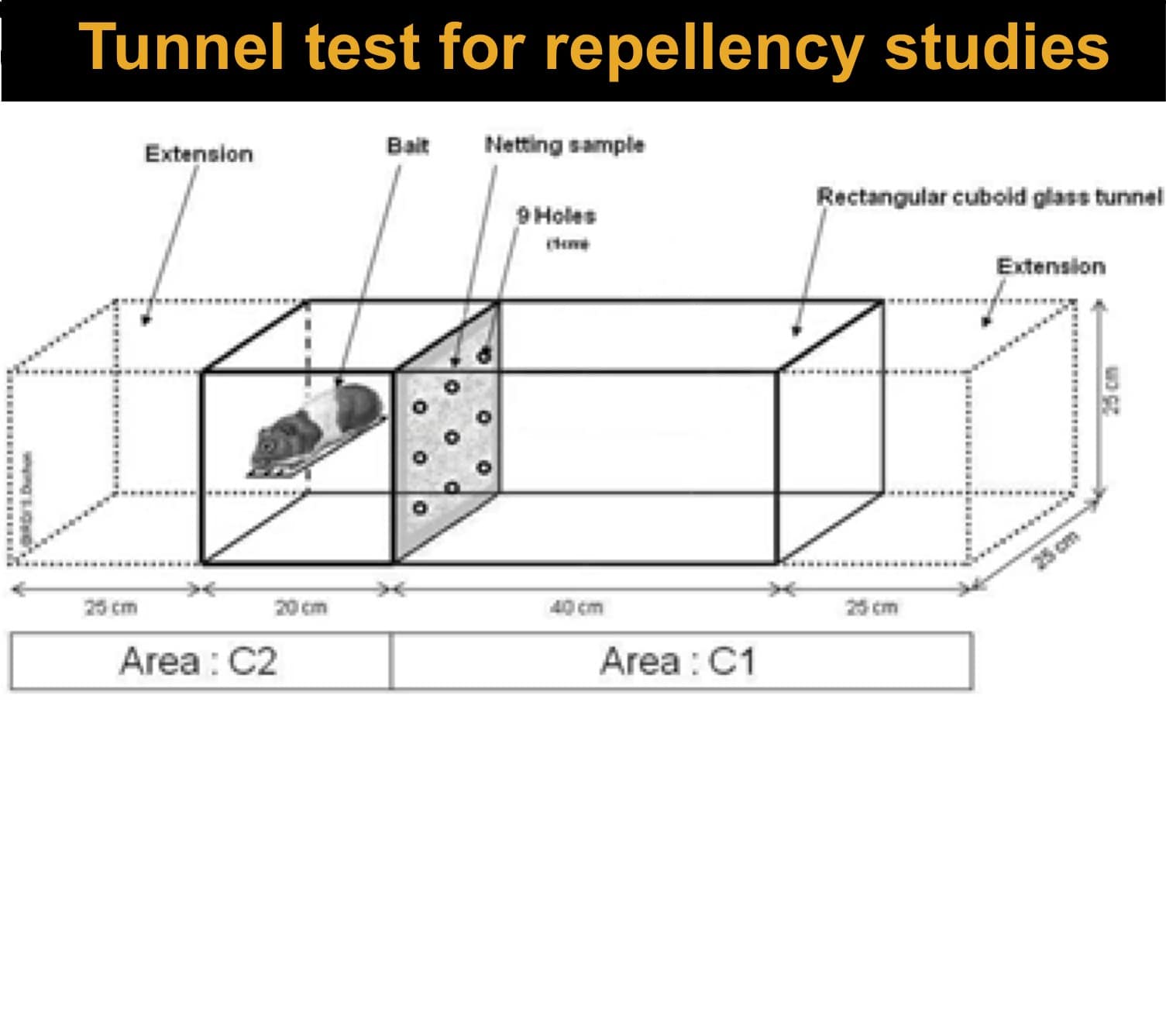
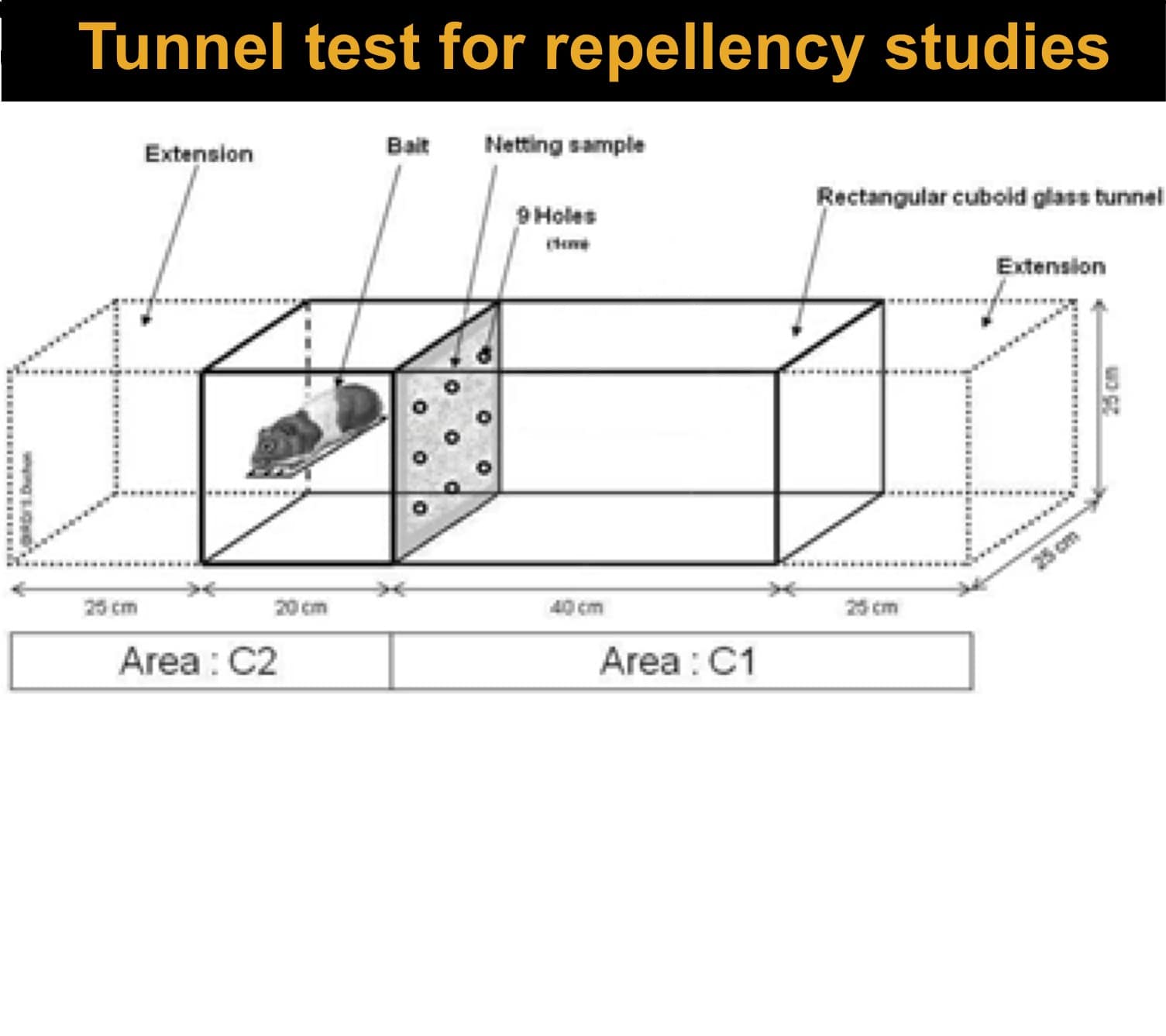
Tunnel Test Cages on WHO model for studying excito-repellency studies on mosquitoes
Tunnel Test Apparatus – A semi-field bioassay system designed to study mosquito behavior and evaluate vector control interventions such as insecticide-treated nets, repellents, or traps. Constructed from clear plexiglass with mesh partitions, it replicates host-seeking scenarios under controlled conditions. Ideal for assessing mosquito penetration, landing, and mortality responses. Available in customizable dimensions with optional features like lighting, temperature control, and video monitoring. Suitable for laboratories, research institutes, and public health programs.
Customize
Product Details
🦟 Tunnel Test for Mosquito Behavioral Studies
Explore mosquito host-seeking behavior and evaluate vector control interventions using the Tunnel Test – a scientifically validated, semi-field bioassay system that mimics natural host-seeking conditions.
What is a Tunnel Test?
The Tunnel Test is a standardized method used to assess the effectiveness of insecticide-treated materials (ITMs), attractants, or mosquito traps in controlled environments. This setup replicates conditions that mosquitoes encounter in real-world situations—allowing researchers to study mosquito behavior, such as host attraction, penetration through nets or screens, and mortality outcomes, in response to interventions.
Test Setup
A typical tunnel test apparatus consists of a rectangular tunnel chamber—often fabricated from clear acrylic, plexiglass, or mesh—and divided into three sections:
- Release chamber (for mosquitoes)
- Central partition (with treated or untreated netting with standard holes)
- Host or attractant chamber (often containing a restrained animal or synthetic attractant)
Key Parameters Measured
Mosquito passage through treated barriers
Landing rate and feeding attempts
Mortality rate after exposure to treatments
Repellency or deterrence effects
Materials & Construction
Tunnel dimensions often range from 25–60 cm (H) × 25–60 cm (W) × 100–150 cm (L)
Made of plexiglass or acrylic for visibility and durability
Mesh partitions to simulate net-like barriers
Fine-scale thermoregulated conditions for experimental consistency
Applications
Evaluating the bioefficacy of insecticide-treated nets (ITNs)
Testing attract-and-kill strategies (e.g., traps, CO₂ lures)
Studying mosquito behavior in response to host cues
Pre-screening vector control products under semi-field conditions
Advantages
✓ Controlled, replicable environment
✓ Ethically compliant with WHO guidelines
✓ Cost-effective alternative to full-field studies
✓ Suitable for both lab-reared and wild mosquito strains
Customization & Accessories
We offer customizable tunnel test setups suitable for laboratories, vector control programs, and entomological research. Accessories such as lighting modules, temperature-humidity control, and automated video monitoring can be integrated upon request



